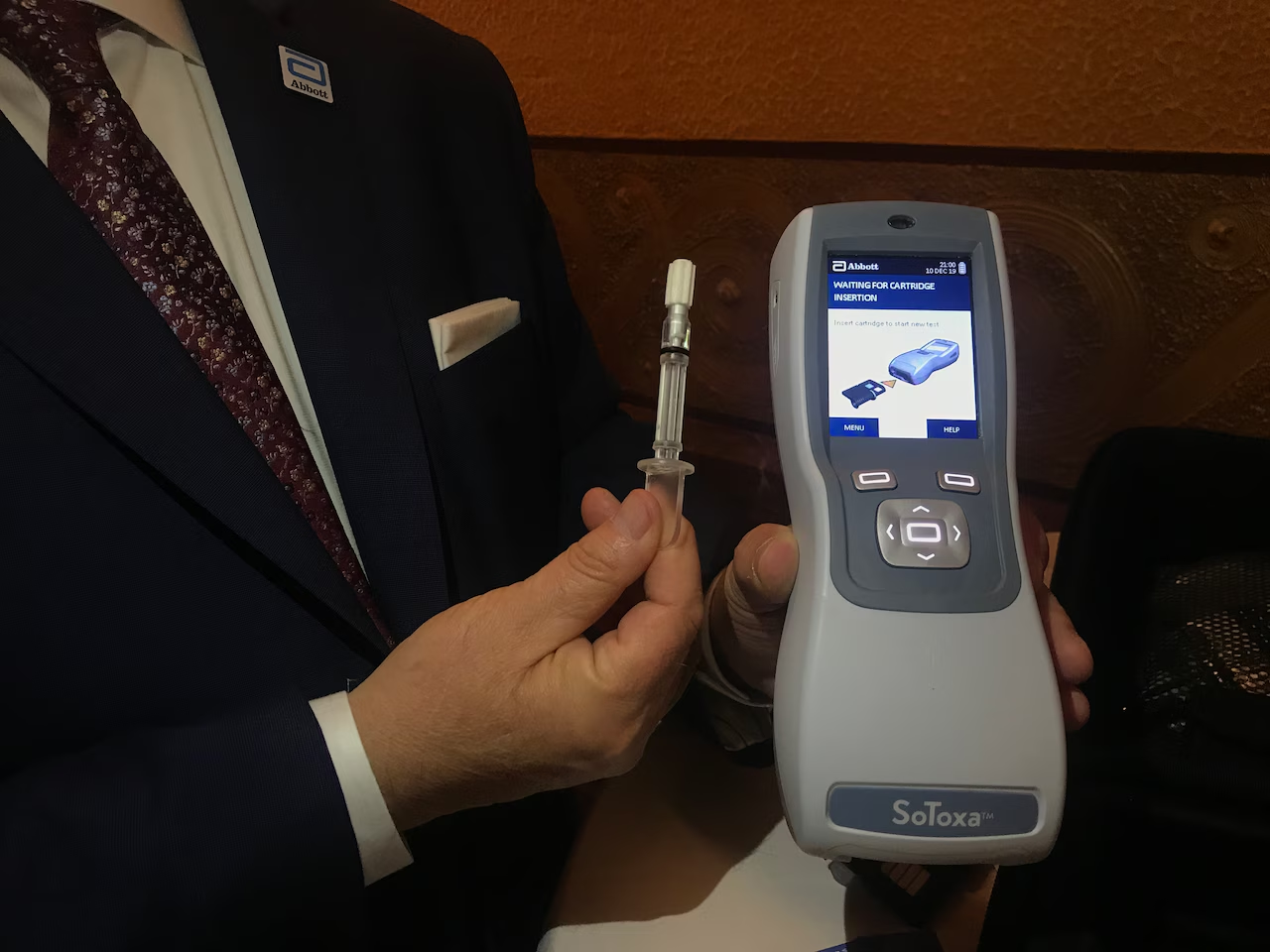Under new bills making their way through the Michigan Legislature, police could swab your mouth on the side of the road and know within minutes if there are drugs in your system.
While the bipartisan bills are garnering support in the name of safety, strong pushback is also emerging.
Big picture view:
Under Michigan law, driving with a Schedule 1 drug, including marijuana, in your system is treated the same as driving under the influence of alcohol. However, while there is standardized roadside testing for alcohol use, a preliminary breath test, such testing does not exist for drugs.
Michigan State Police previously ran two iterations of a pilot program for roadside saliva drug testing, with the results of the oral tests compared to blood tests for the same substances, such as THC, amphetamines, cocaine, and more.
In its report after the pilot, MSP cited a study that found that oral testing has a short drug detection window. MSP concluded that blood testing for drugs still remains the “gold standard,” but found that roadside saliva testing is “accurate for purposes of preliminary roadside testing.”
Drug-related crashes
By the numbers:
According to the most recent data from MSP, which compares 2022 crashes to 2023 crashes, drug-involved crashes were down 8% from 2022 to 2023, while drug-involved fatalities were up 3% year-over-year.
In 2023, drugs were found to be involved in 2,250 of the 287,953 crashes police reported that year, with 256 out of 1,095 fatalities involving drugs.
What they’re saying:
“This testing capability is non-invasive, simple and reliable. It will help law enforcement when they have probable cause to conduct a stop and as they are working to protect the public,” said Rep. Brian BeGole (R-Antrim Township), the sponsor behind House Bill 4390.
He went on to note that oral fluid testing would be administered after field sobriety tests and preliminary breath tests.
“One life lost on our roads because someone was driving while impaired by drugs is too many,” BeGole said. “We should be embracing technology that gives law enforcement the tools they need to get impaired drivers off our roads.”
Read the rest of this story at Fox2







